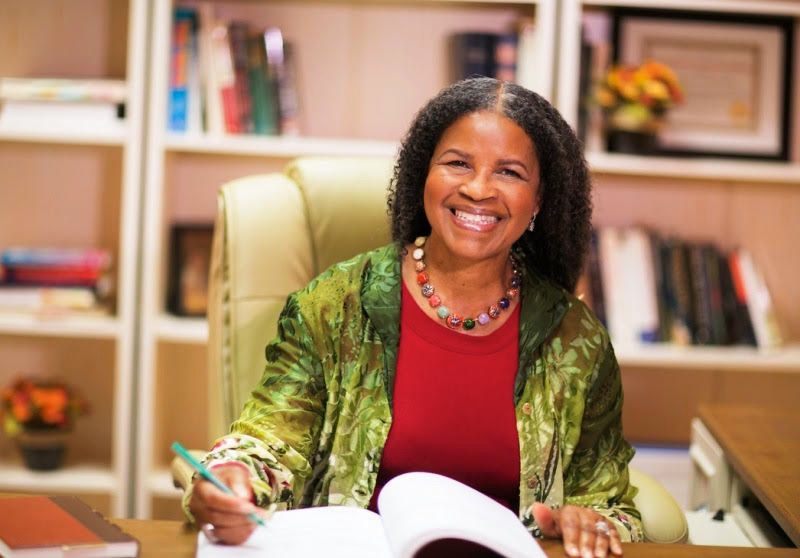
WASHINGTON, D.C. – U.S. Senator Kamala D. Harris (D-CA) has introduced the Safe Housing for Families Act to provide carbon monoxide detectors in U.S. Department of Housing and Urban Development (HUD) housing units. The bill follows recent reports of carbon monoxide poisoning among residents of HUD housing, which has led to at least 11 deaths since 2003.
Companion legislation will also be introduced today in the House of Representatives by Reps. Chuy García (D-IL) and Joe Cunningham (D-SC).
“Housing is a human right. The federal government has an obligation to ensure that residents of public housing can raise their families in a safe and healthy environment,” said Sen. Harris. “These are preventable tragedies. We must act now to get carbon monoxide detectors in HUD housing to protect the health and wellbeing of the millions who reside there.”
“I am glad to join Senator Harris and my colleague Rep. Cunningham to introduce the Safe Housing for Families Act, which is straightforward, life-saving legislation,” said Rep. García. “No one living in America, especially those in federal, public housing, should have to worry if they will die from carbon monoxide poisoning in their own homes. Nearly half of states, including Illinois, already require carbon monoxide monitors in residential units and the Safe Housing for Families Act ensures that those living in public housing, often communities of color, the elderly, and the economically disadvantaged, are protected from carbon monoxide poisoning.”
“Every parent deserves the peace of mind of knowing their children are safe when they tuck them in at night. This bill helps deliver that peace of mind among our most vulnerable by ensuring federally-assisted housing have carbon monoxide detectors,” said Rep. Cunningham.“The two senseless deaths at Benedict Allen Court apartments in Columbia, S.C. could have been prevented and we have an urgent obligation to make sure such tragedies never happen again.”
Housing advocates and public health experts suggest that in spite of the clear dangers of carbon monoxide poisoning, HUD has been slow to provide protections for these families. In some cases, the health and safety hazards are so severe that residents in affected areas are forced out of their homes. A majority of the 4.6 million families receiving public housing assistance from HUD are people with disabilities, elderly, or families with young children, making them especially vulnerable to toxic environments.







